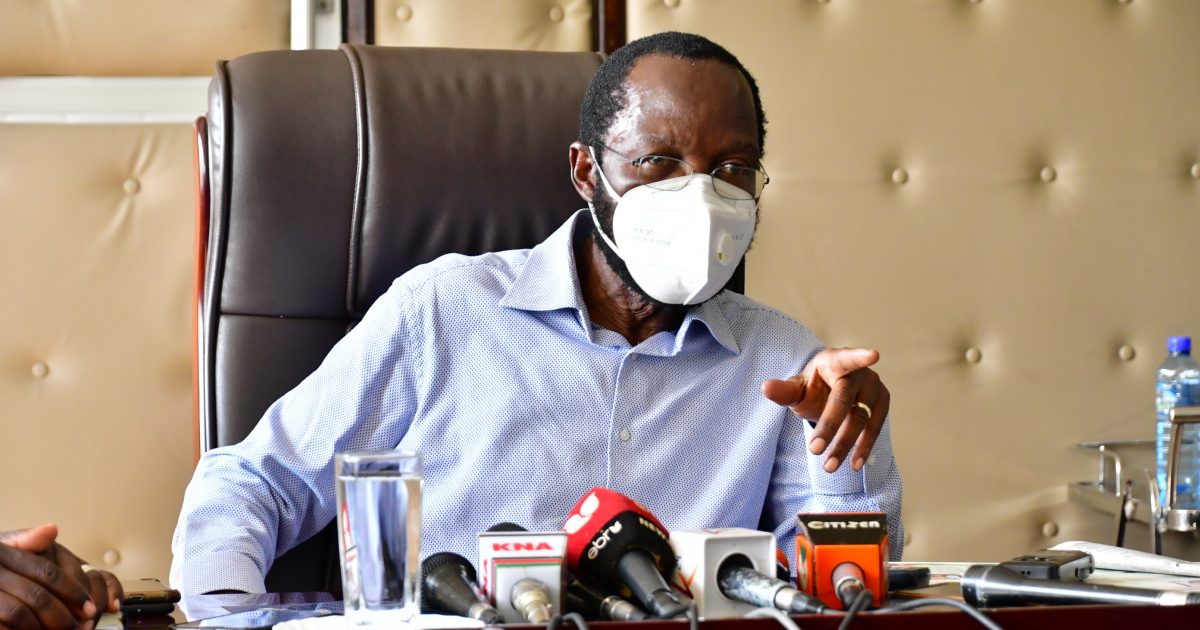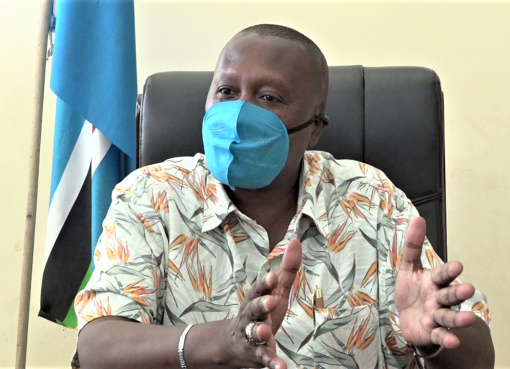Kisumu County Governor Prof. Anyang Nyong’o has called for the establishment of an insurance bank to effectively manage Universal Health Coverage (UHC) funds.
The NHIF bill once signed into law, he said will see at least Sh.90 billion collected annually from Kenyans calling for a review of the structure proposed to manage the funds.
“The Bill proposes a Chief Executive Officer (CEO) and Board as the structures to manage this massive undertaking. I believe that this structure will not be effective or efficient,” he said.
By enrolling everyone above 18 years of age, the fund, he said, will be well resourced adding that such resources should be handled by an institution professional and accountable enough to manage them.
He vouched for the amendment of the bill to include the establishment of an Insurance bank under overall supervision of the Central Bank of Kenya, Ministry of Health and Insurance Regulatory Authority to manage the funds.
The bank, he said, should take charge of NHIF revenue collection from government employees and community, process claims payments to contracted providers, invest NHIF Funds and provide low-interest loans for the development of health infrastructure in all parts of the country.
Other areas to be explored he said include provision of grants to support difficult to reach and underprivileged areas to improve physical facilities, medical equipment and supplies.
The new bill, he said, presents a great opportunity to transform the health system and put Kenya above all African countries in terms of Universal Health Coverage ensuring increased access to healthcare.
“The new NHIF will fund outpatient and inpatient services including maternity services and cancer treatment and surgery. With mandatory enrollment of everyone aged 18 years and above, Kenya must be strategically prepared to care for a greater number of patients in all parts of the country including indigents in difficult to reach areas,” he said.
Addressing the media in his office, Nyong’o who is also the Chairman of the Council of Governor’s Health Committee further called for the establishment of structures to implement the community component of health insurance.
“The NHIF resources should fund Primary Health Care, community health services and family health approach. In this regard we need to learn how the family-based health care system is run, given the institution of family doctors or family clinical officers in our particular context,” he said.
He proposed that primary healthcare financing be anchored on community health leadership structures at level 2 and 3 facilities.
Community health committees, he said, must be remunerated and tasked with amongst other things enrollment of community members into the scheme to ensure regular payments.
Adequate funds and resources, he added should be allocated to finance primary healthcare and community health services to be supervised by the county health leaderships.
He added that level four facilities and above should not be financed to perform primary healthcare activities and should be allowed to concentrate on referral functions to be reimbursed on a fee for service model.
On quality of health care in the country, the governor proposed the establishment of an independent quality assurance body accountable to the Ministry of Health and the Council of Governors, Parliament and to the Senate on the status of healthcare provision and quality in Kenya.
The body, he said, should develop quality care norms in collaboration with other government agencies, undertake accreditation of health facilities to meet the set norms and standards and ensure continuous quality improvement for the facilities which do not meet the set standards and norms.
Nyong’o urged President Uhuru Kenyatta to consider the proposals and refer the bill back to Parliament for further review.
“Once the Bill is updated, an NHIF Implementation Strategy should be developed to highlight policy objectives in all the above areas and how they are to be implemented,” he said.
By Chris Mahandara





